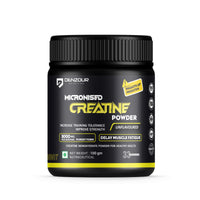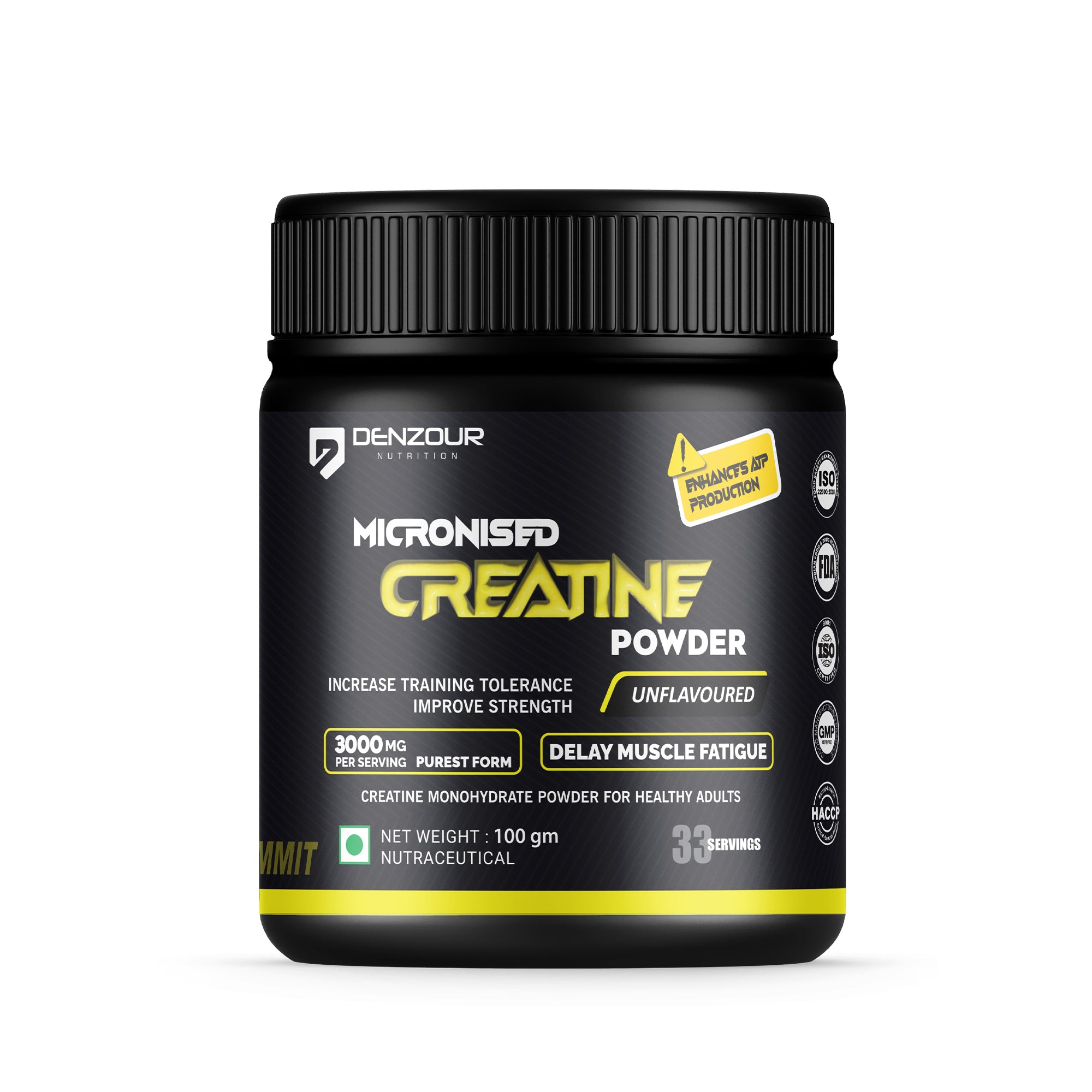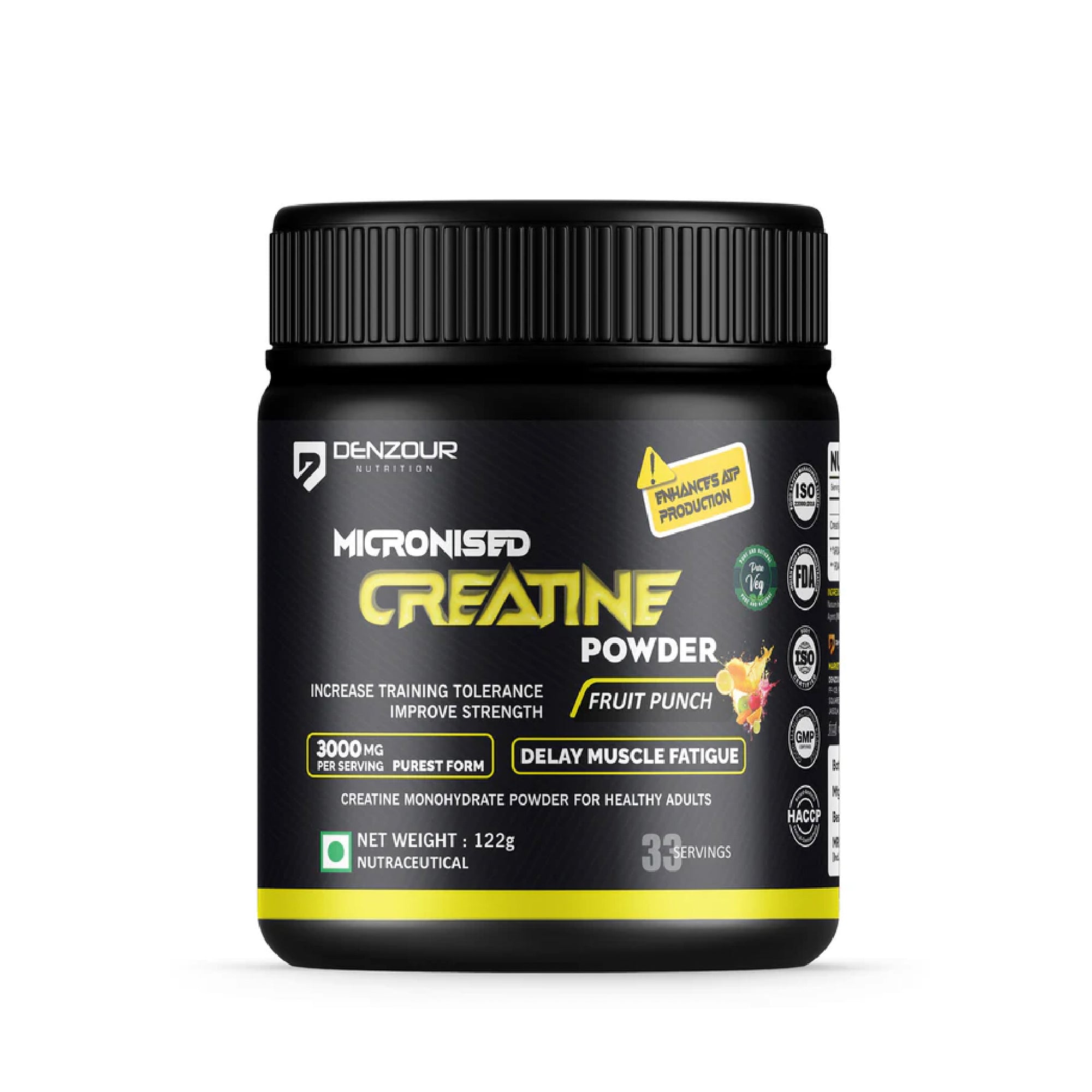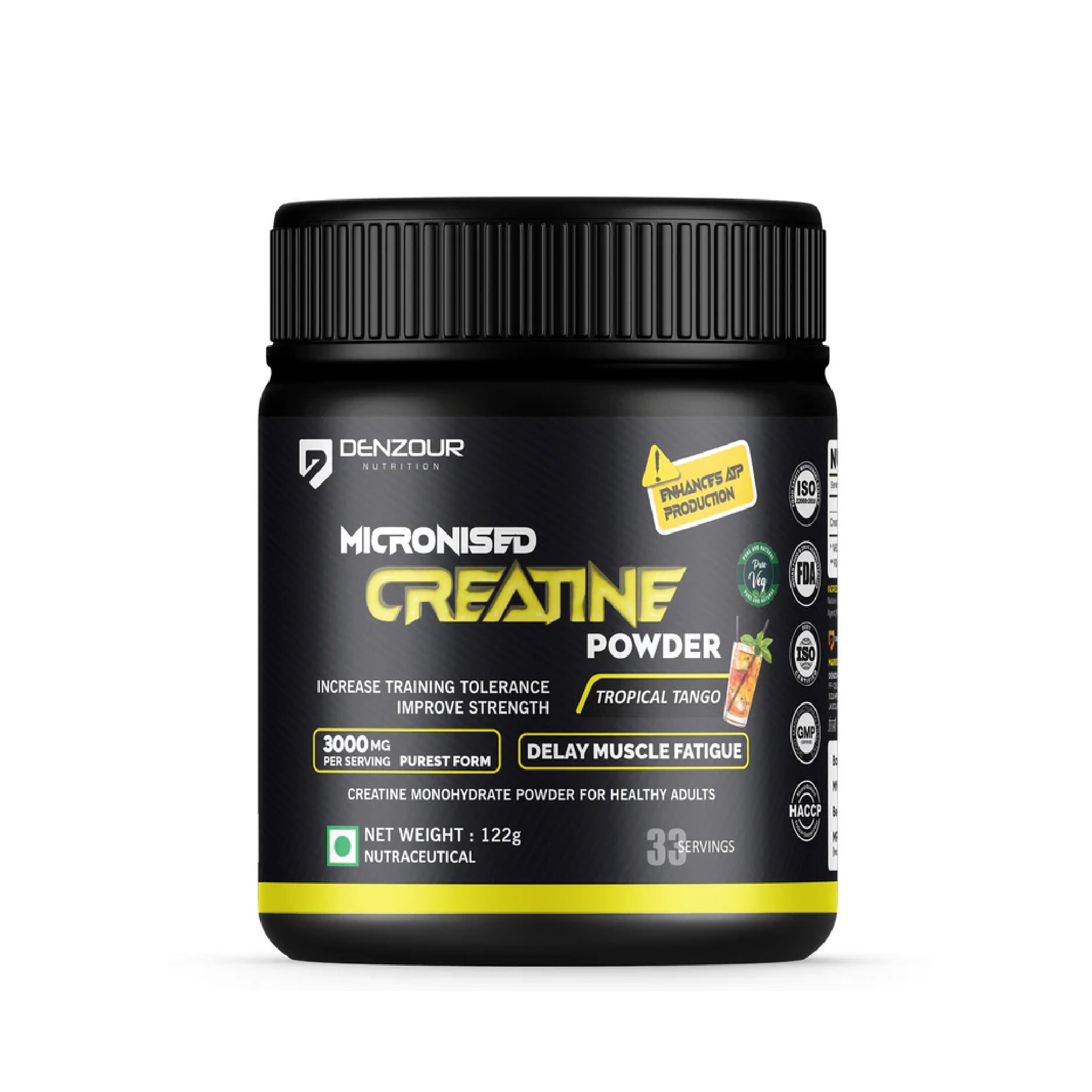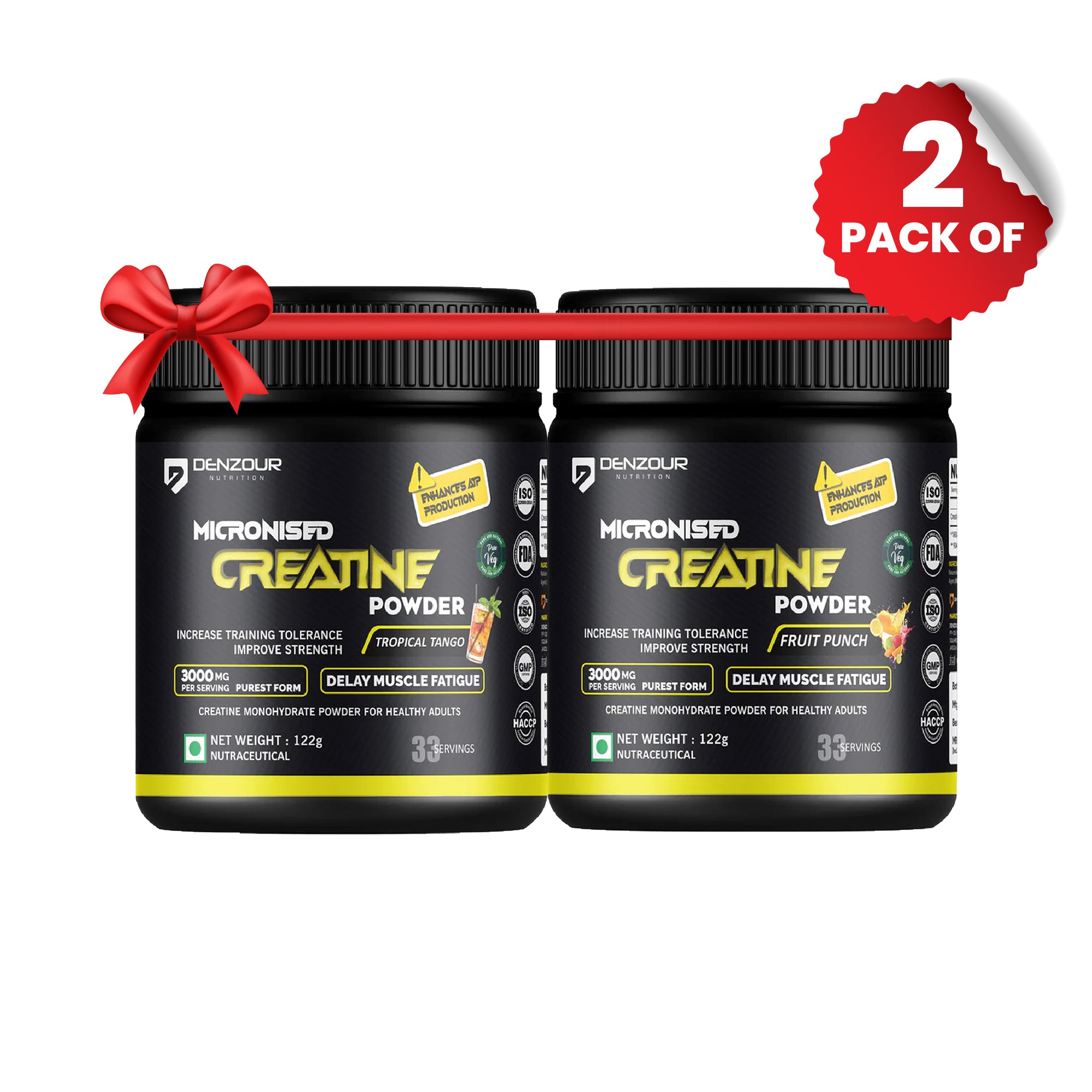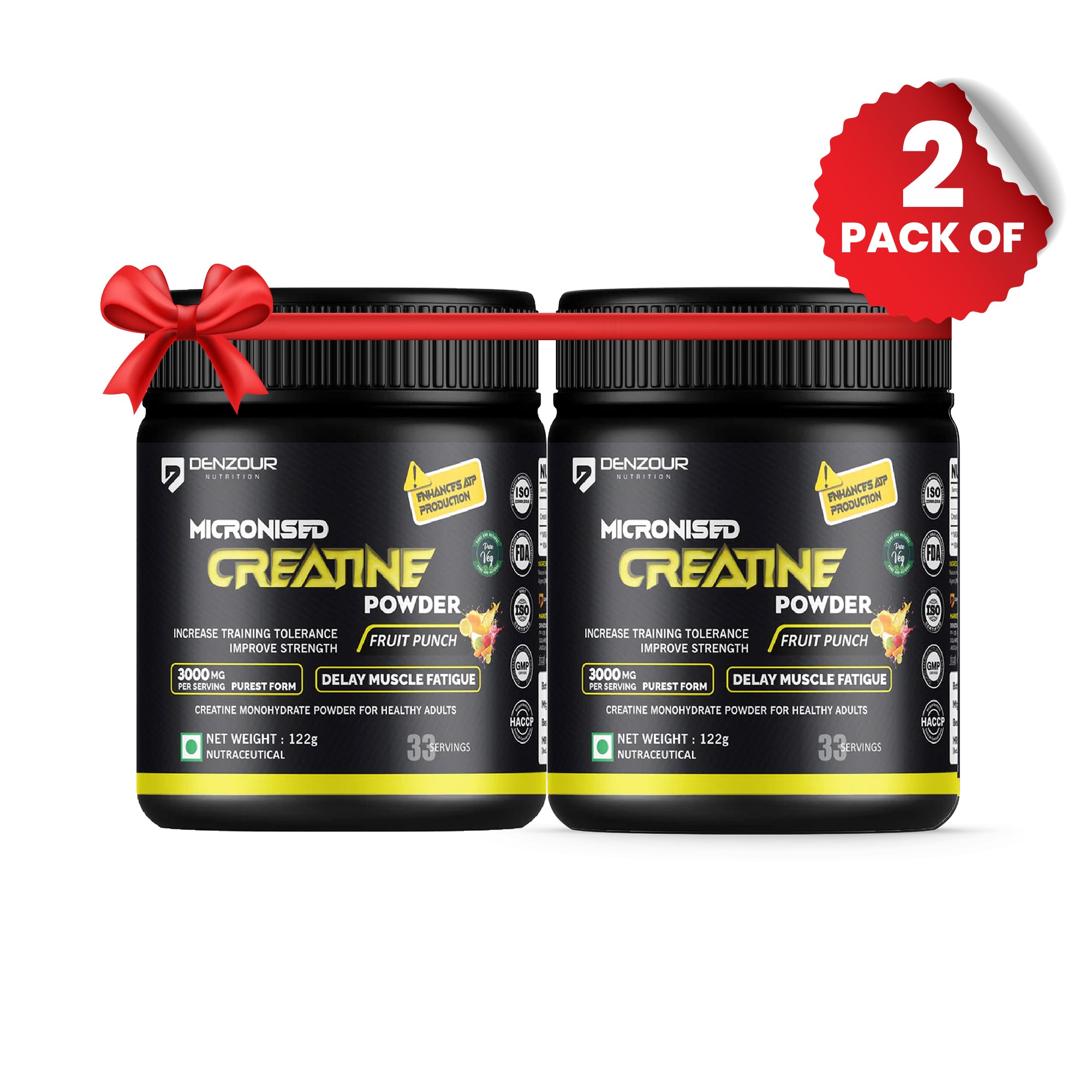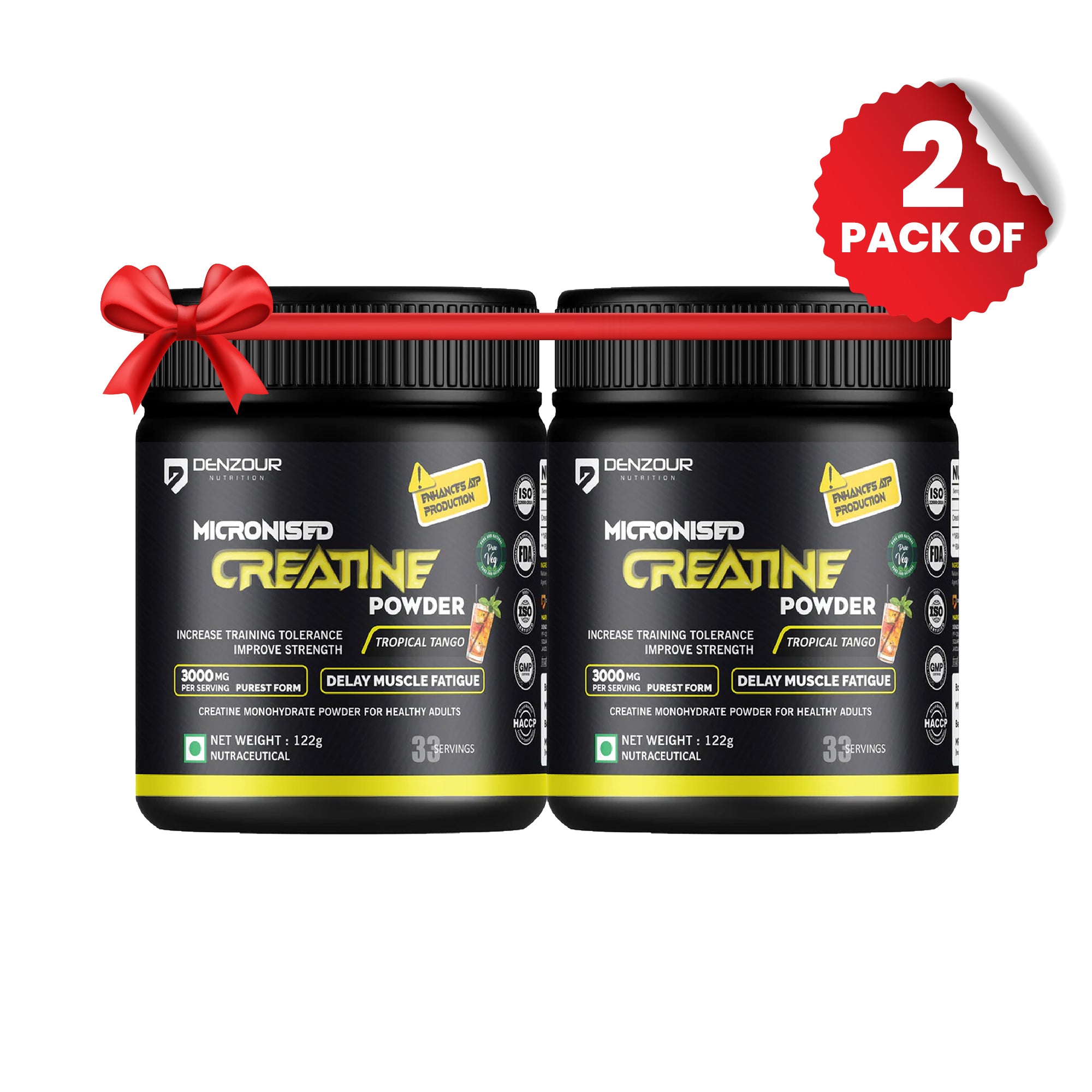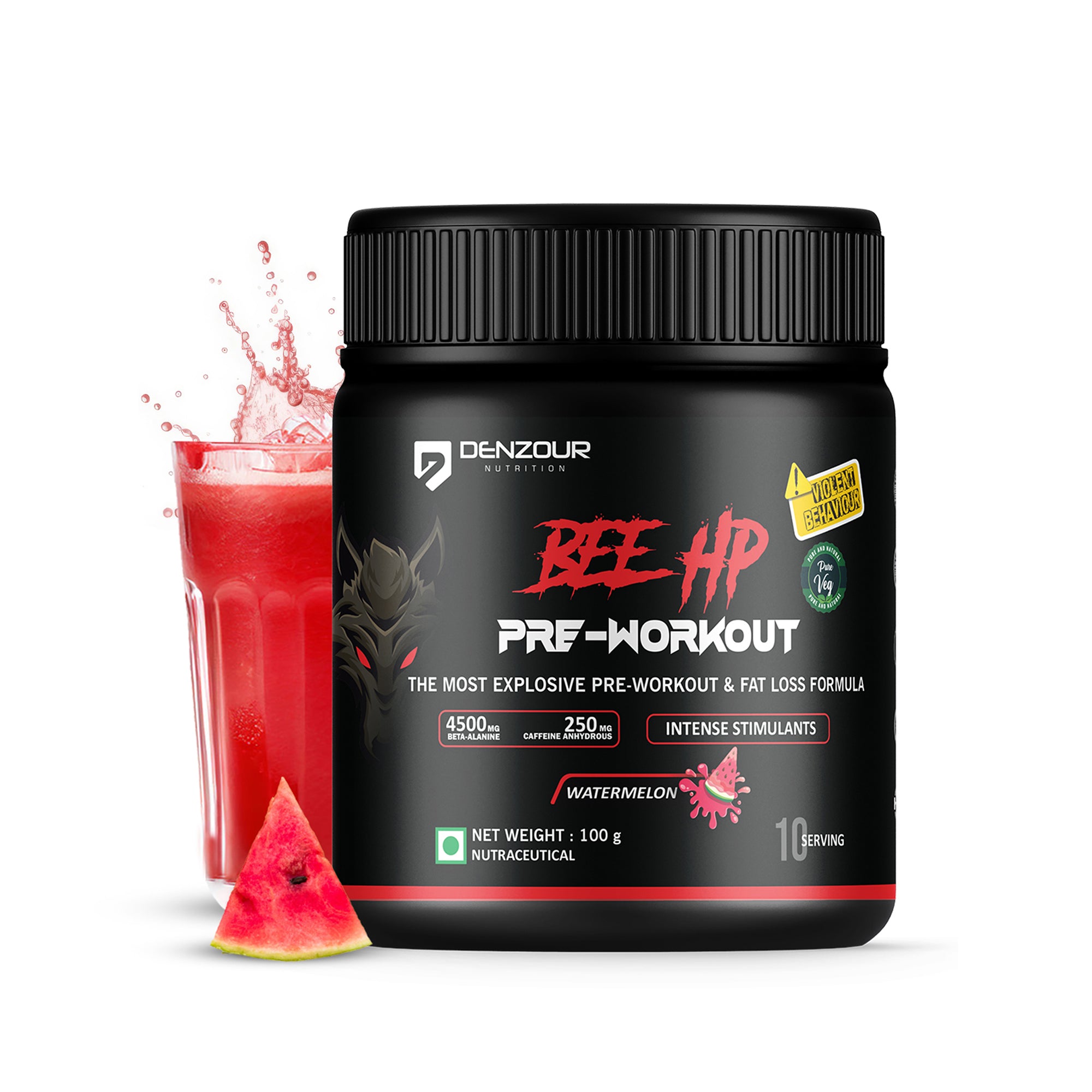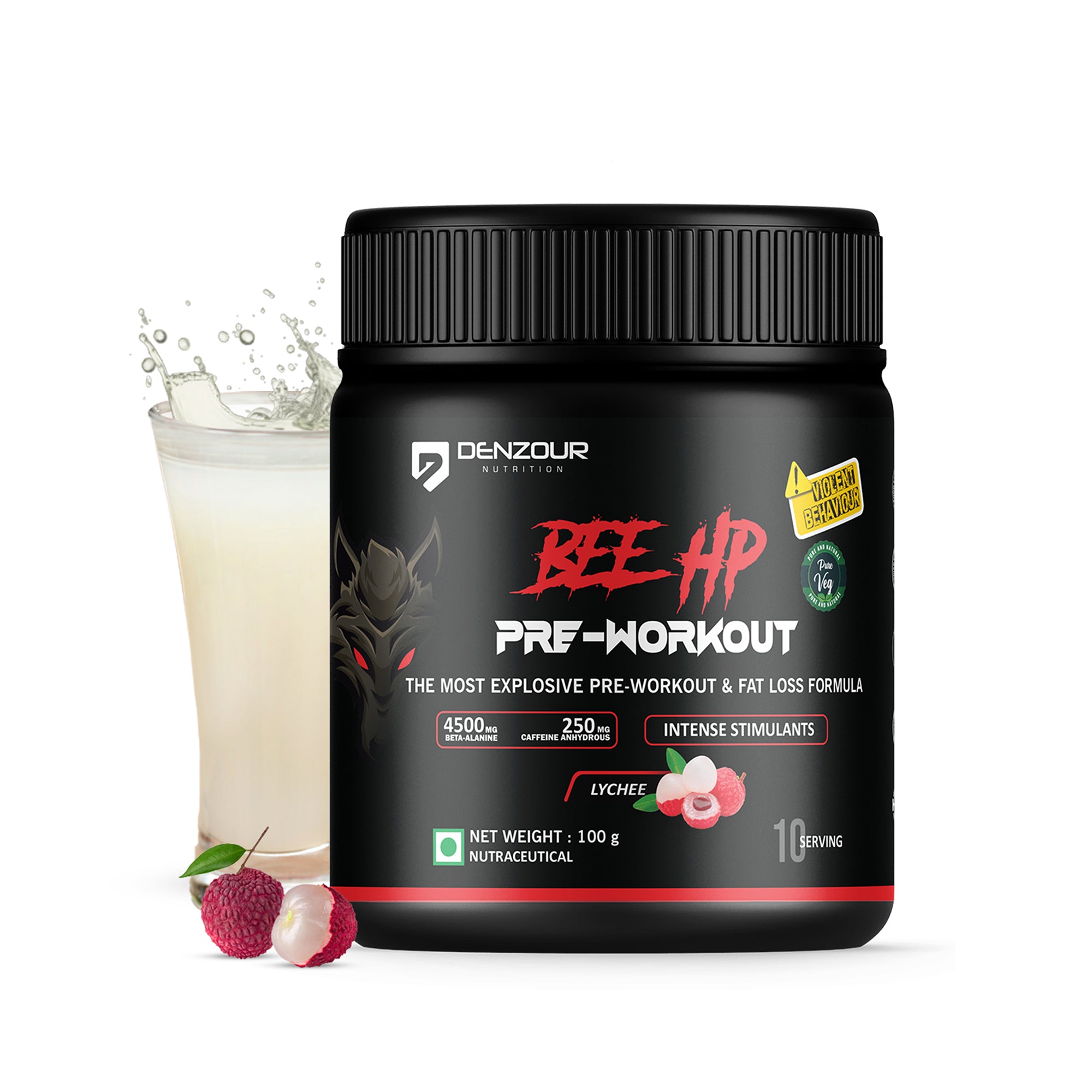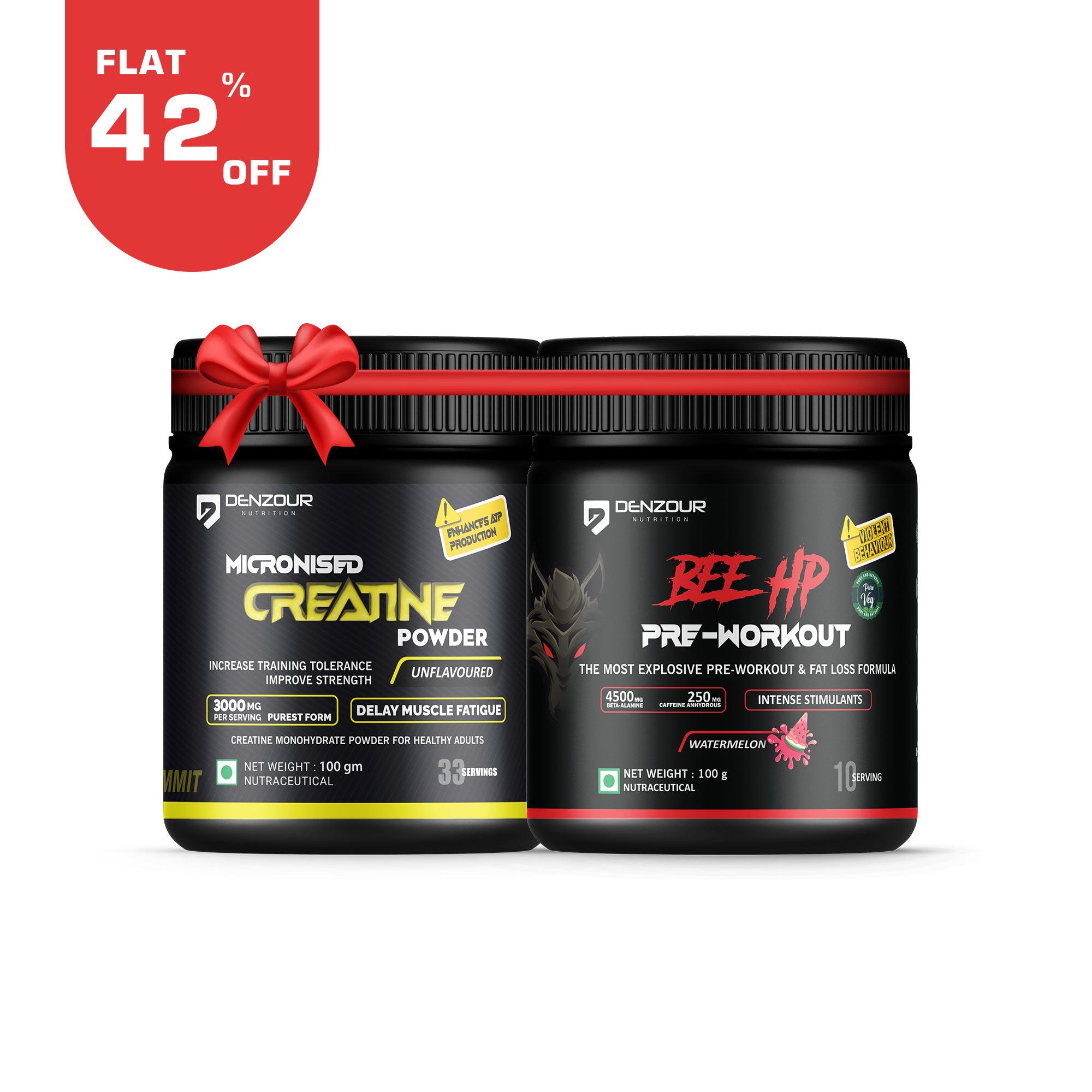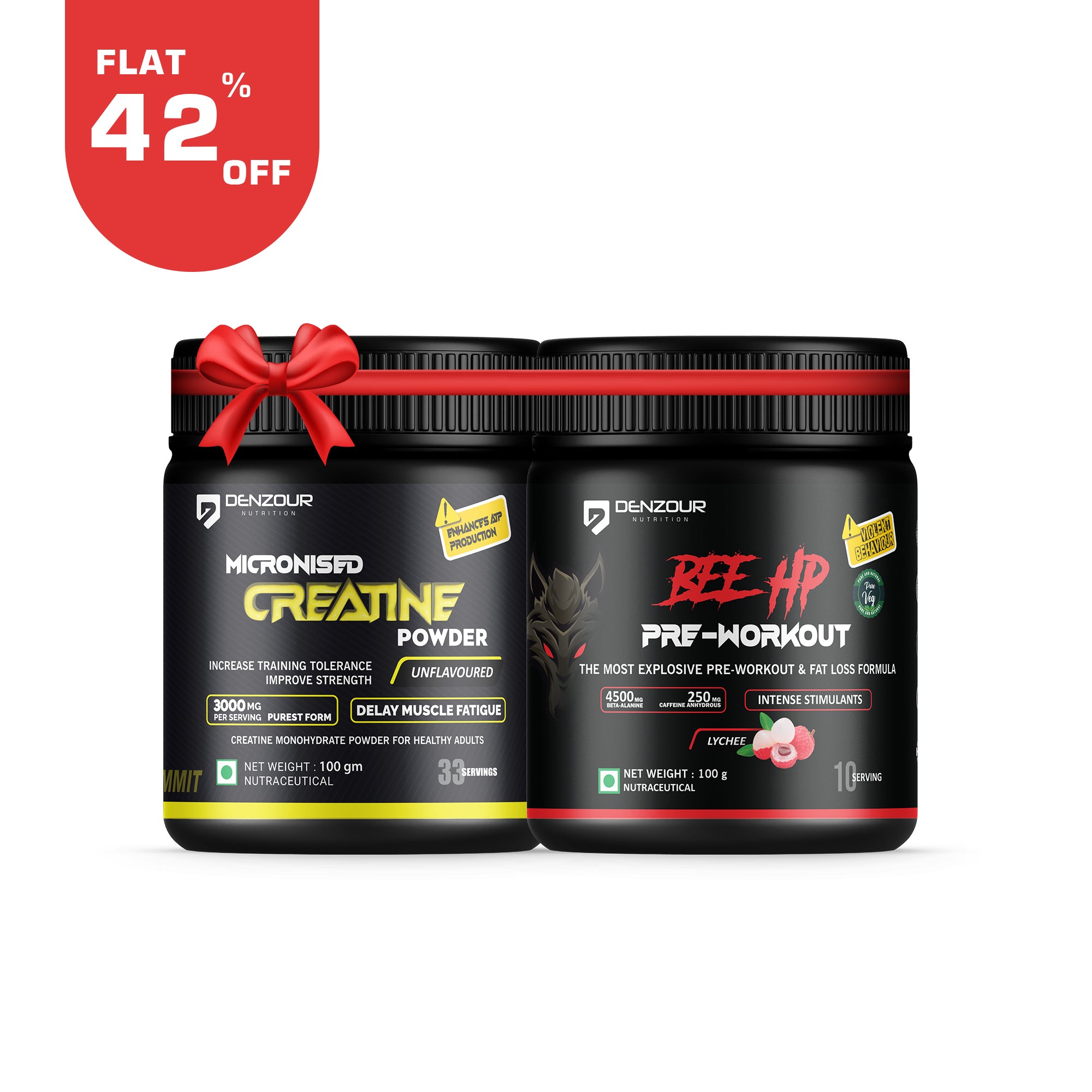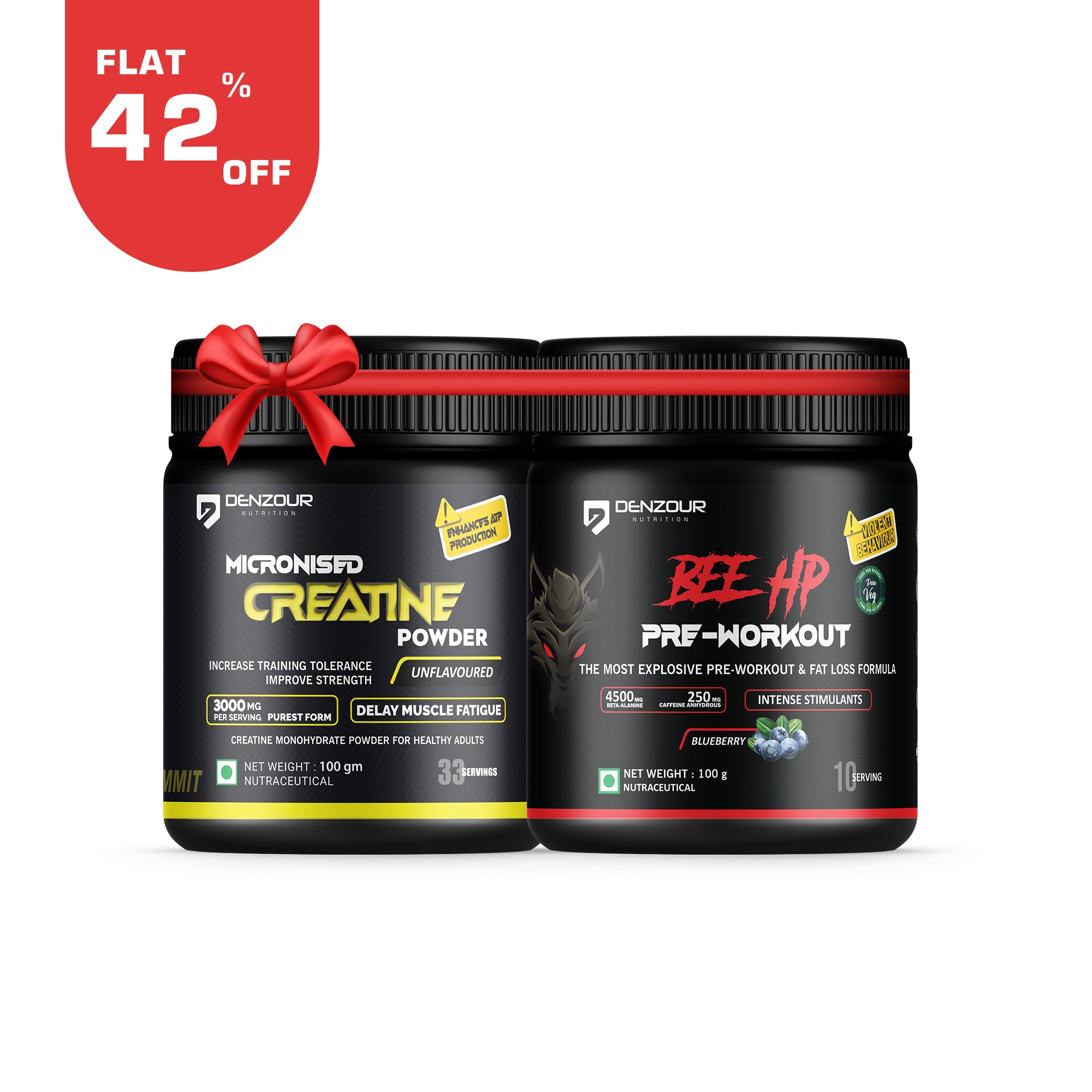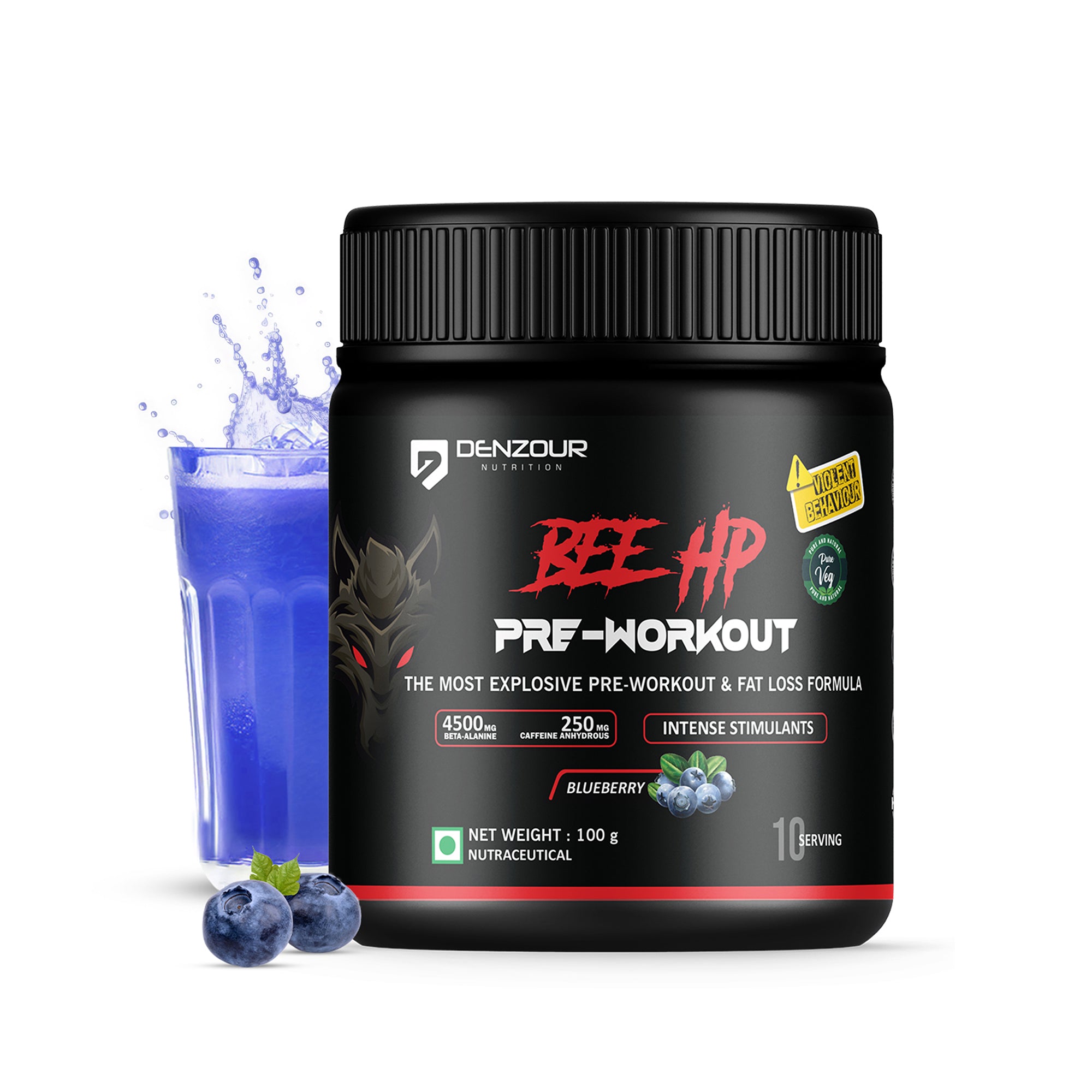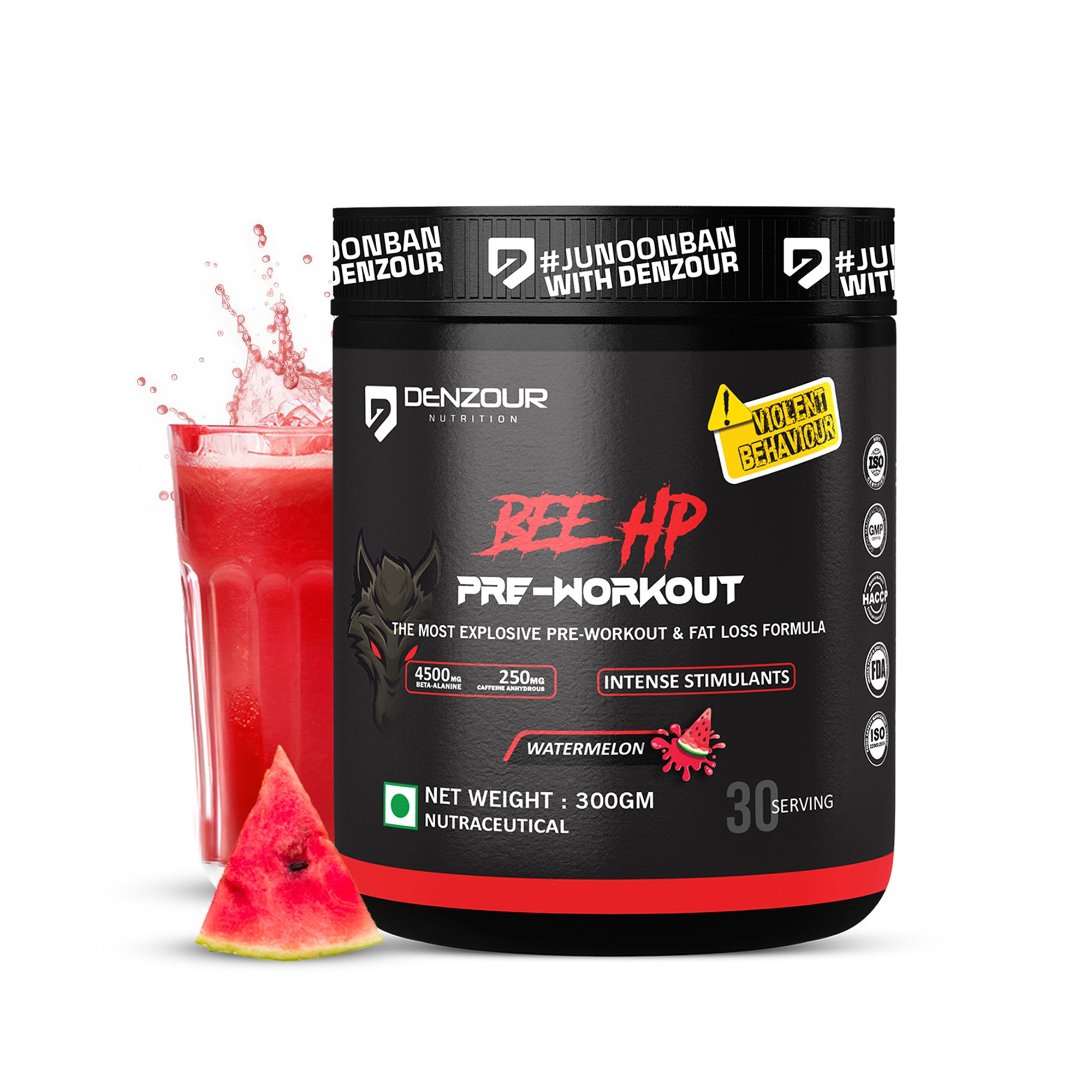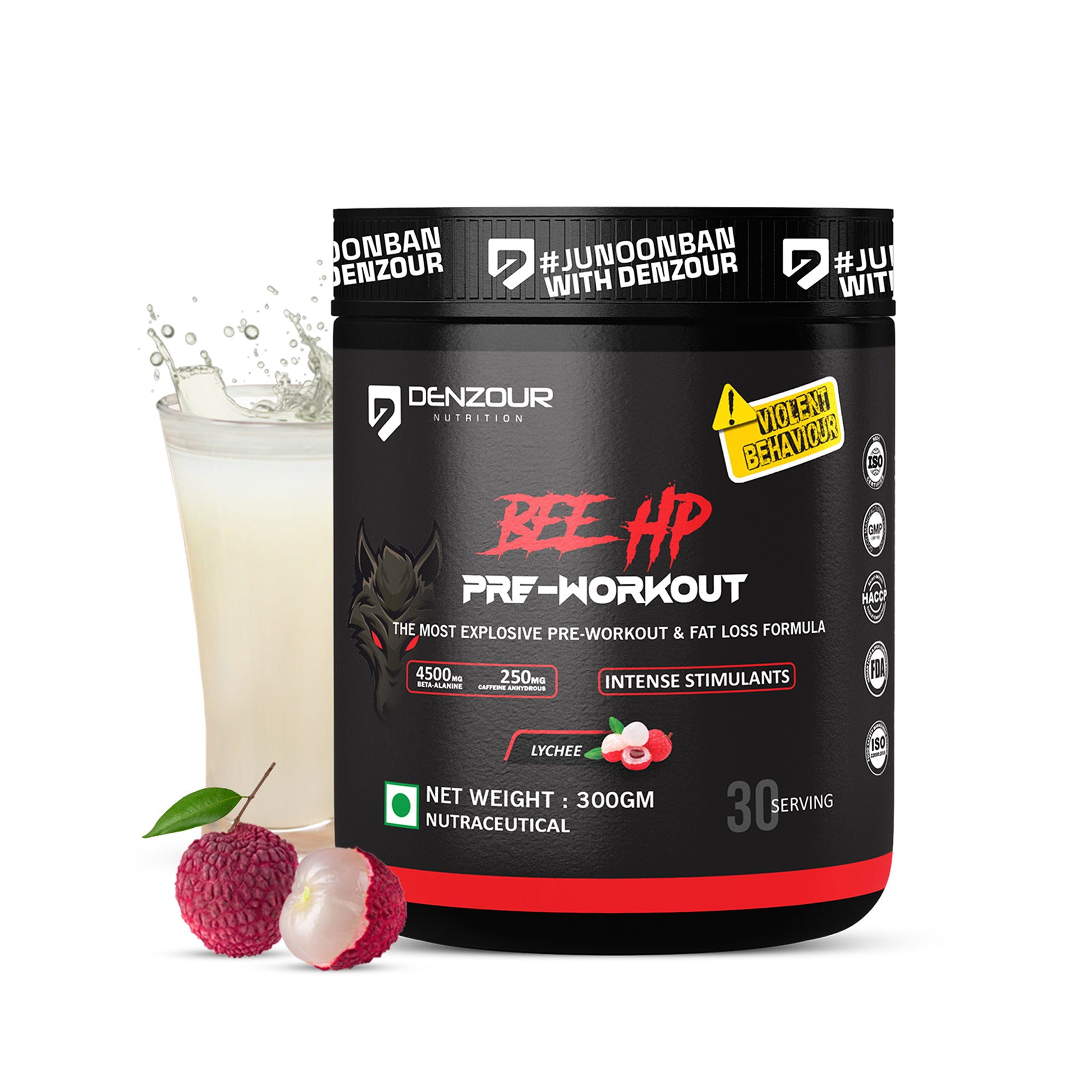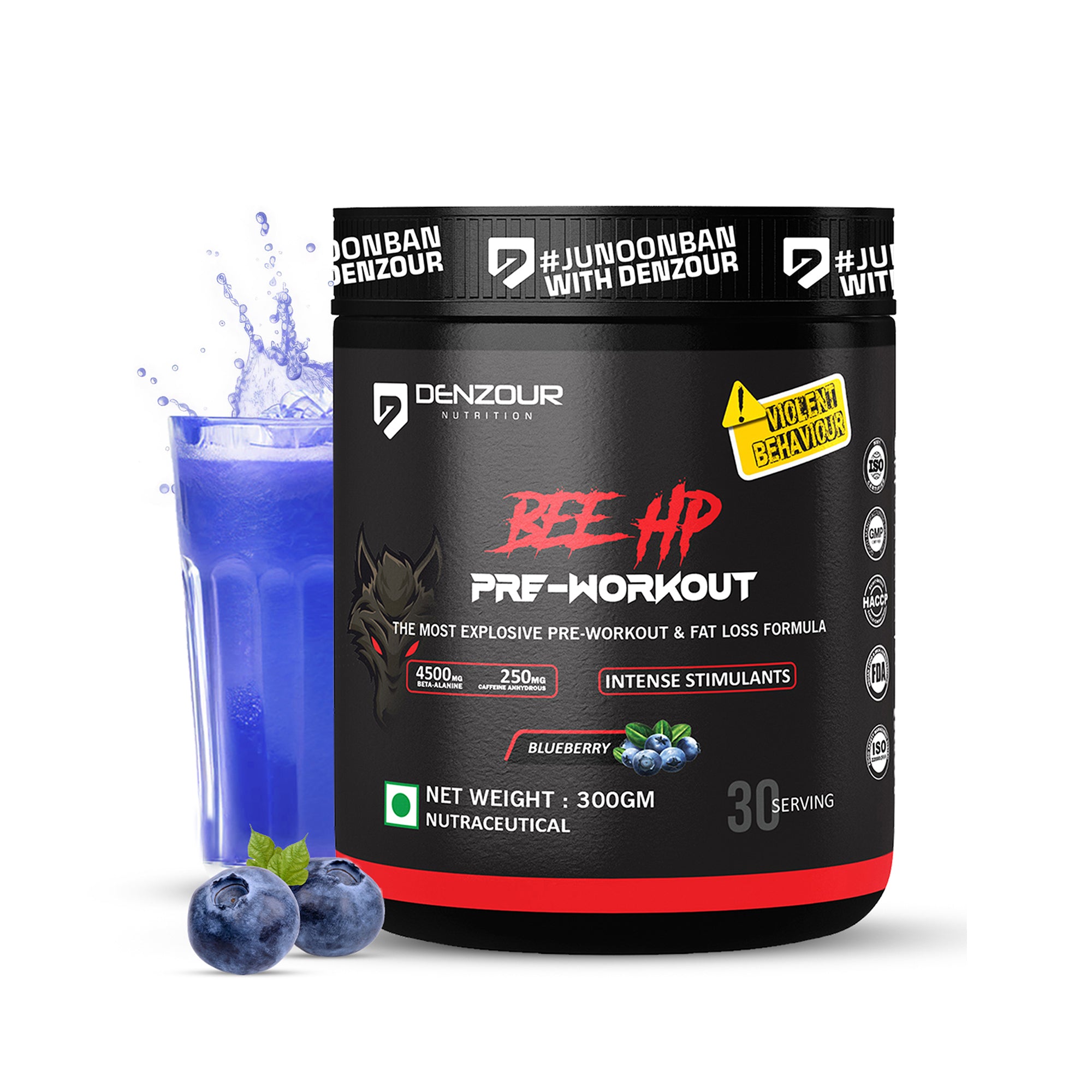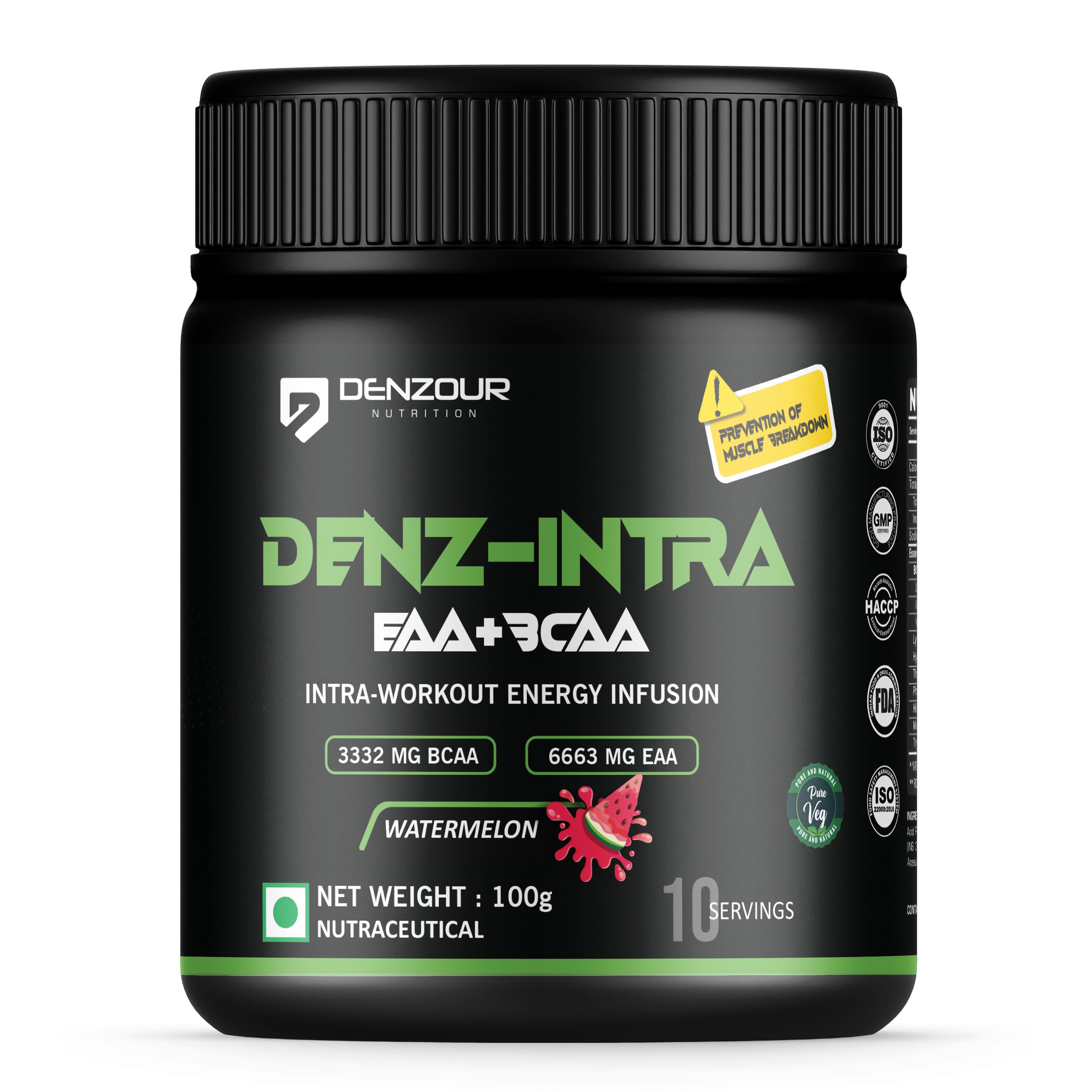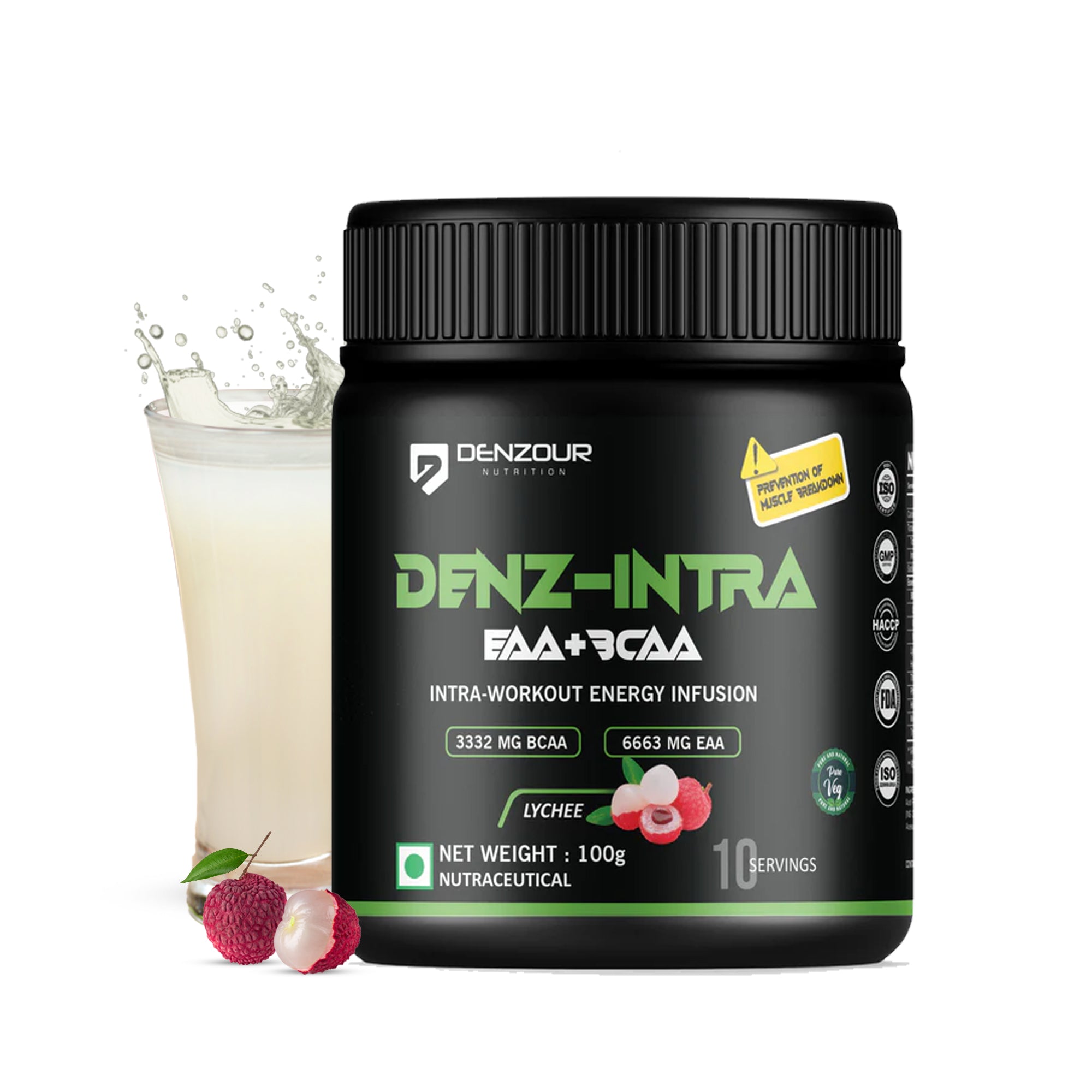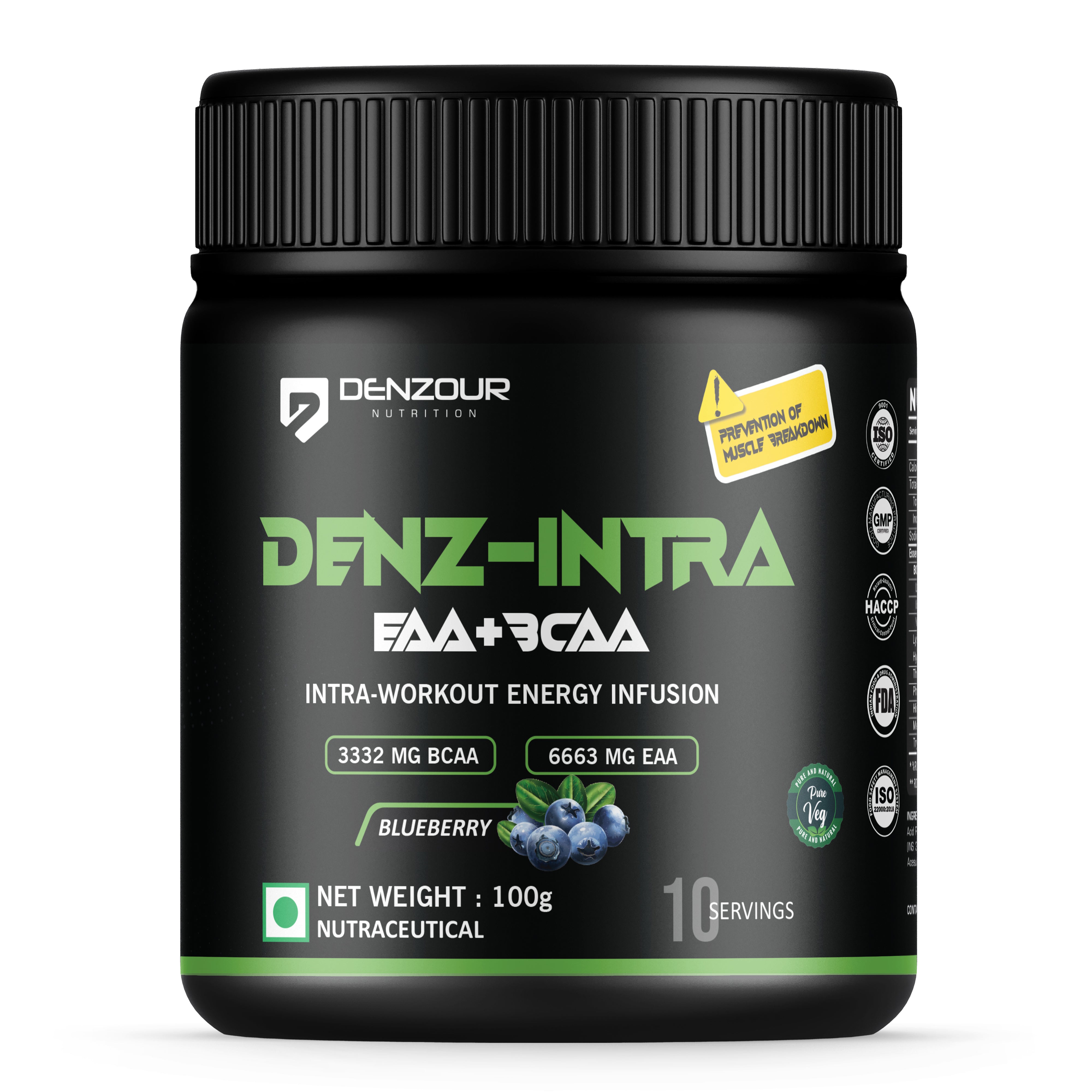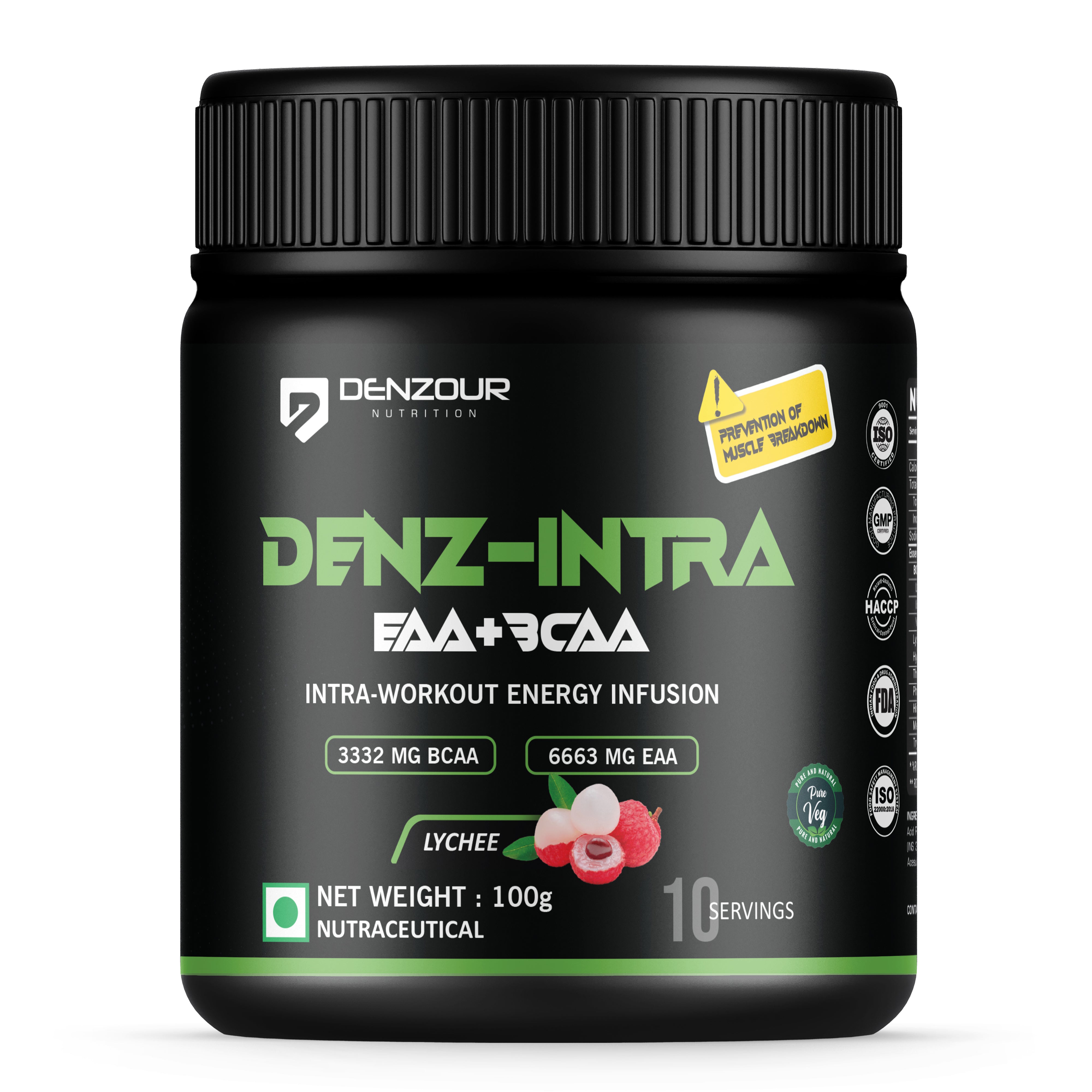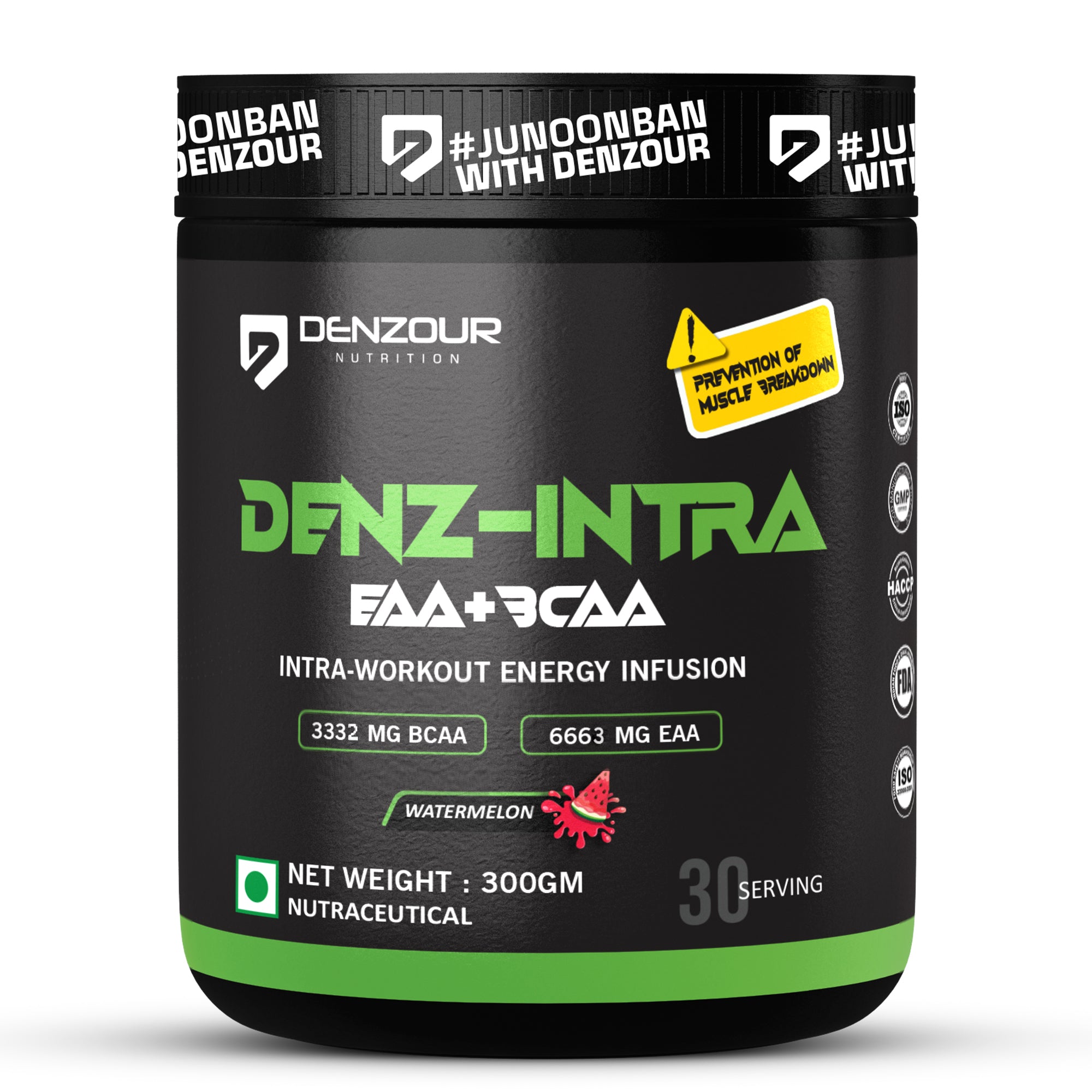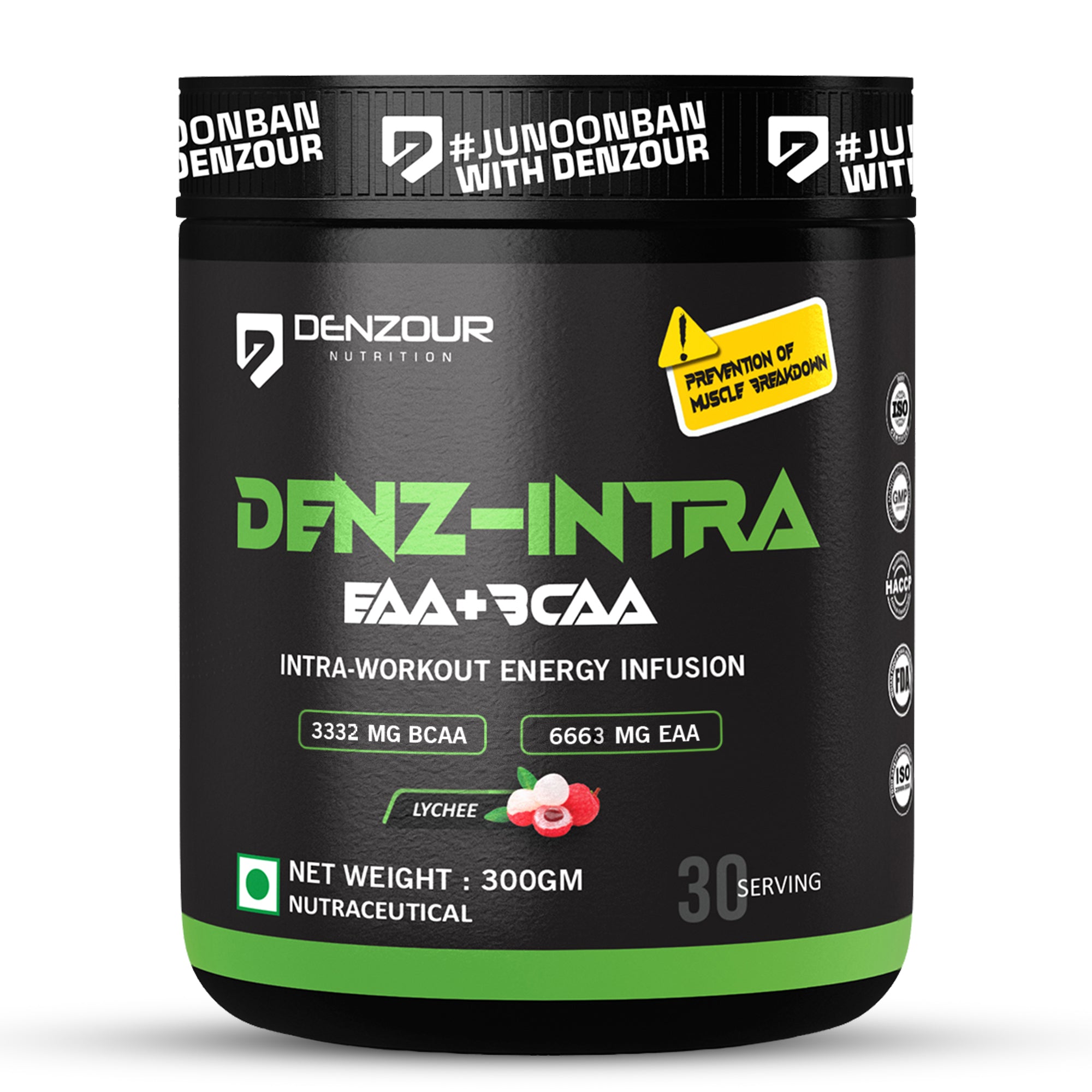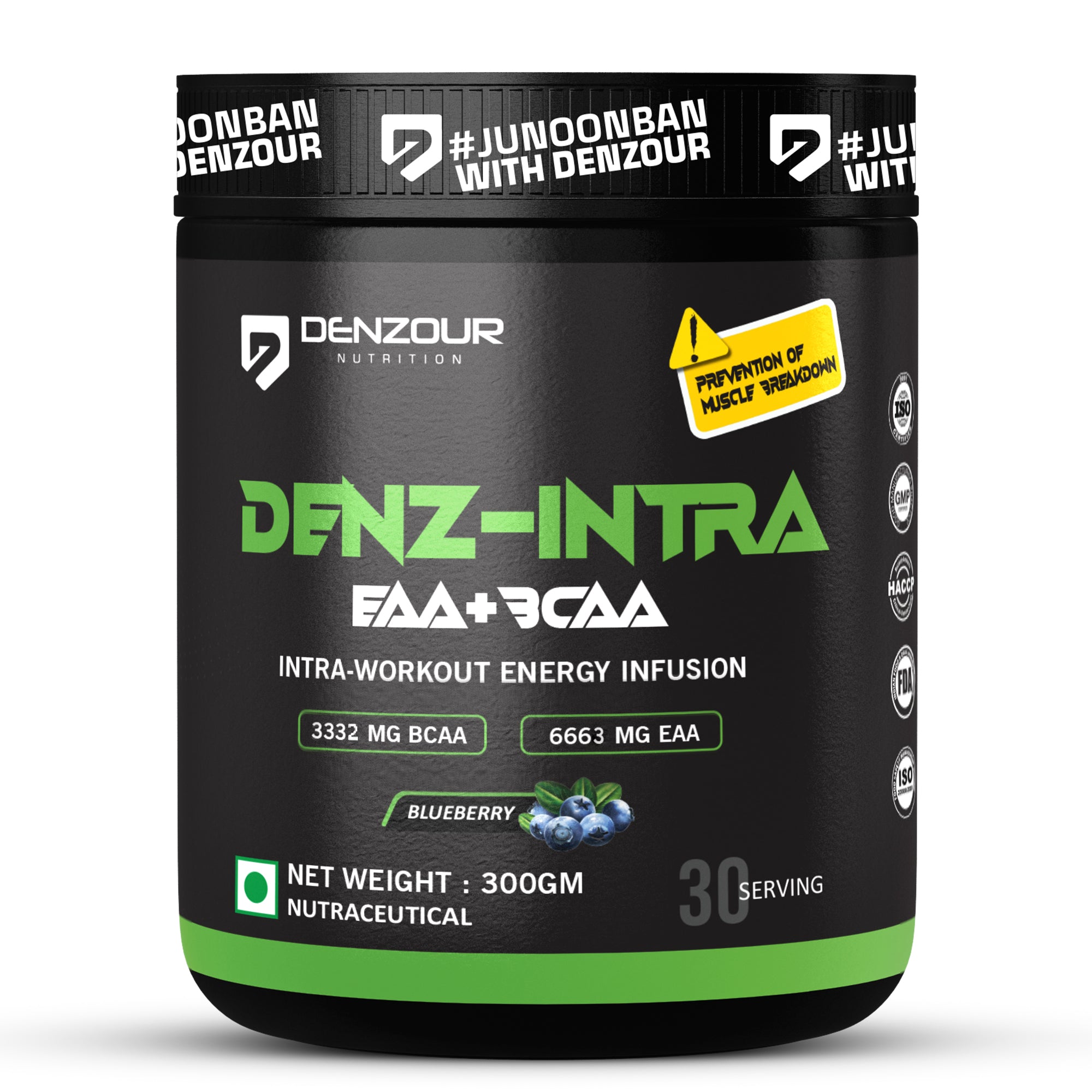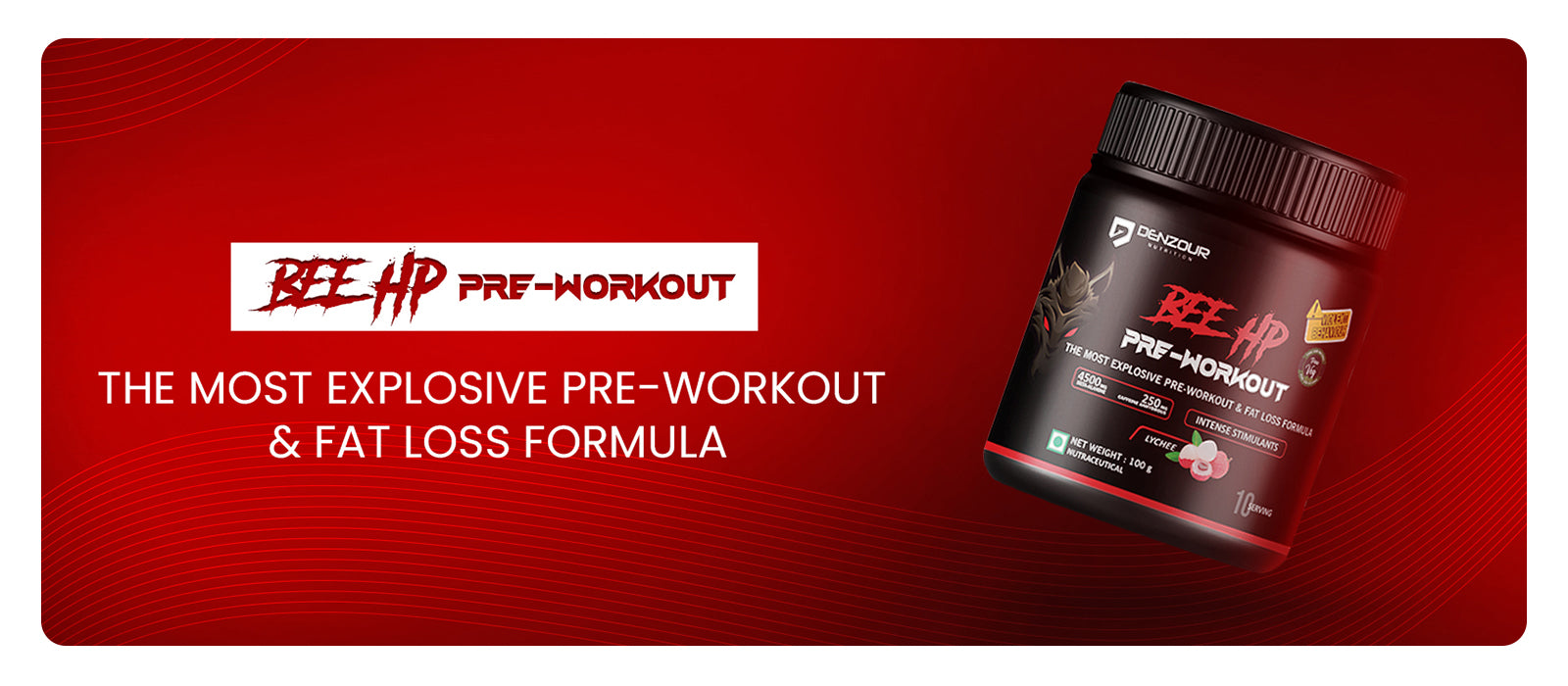In a world where fitness goals are at the forefront of lifestyles, protein supplements have become an essential part of every athlete's or gym-goer's routine. But when it comes to choosing the right type of protein, one debate always surfaces: Whey Protein vs Plant Protein — Which one truly fuels your performance better?
As a sports nutrition brand focused on premium whey protein, we often get asked, "Should I switch to plant protein?" or "Is whey protein better for muscle gain?" This blog aims to break down the science, nutrition, and benefits of both, so you can make an informed choice based on facts—not just fads.
What is Whey Protein?
Whey protein is a complete protein derived from milk during the cheese-making process. It contains all 9 essential amino acids (EAAs) and is especially rich in Branched-Chain Amino Acids (BCAAs)—including leucine, which plays a key role in muscle protein synthesis.
There are different types of whey:
● Whey Protein Concentrate (WPC)
● Whey Protein Isolate (WPI) – Higher in protein, lower in carbs & fats
● Whey Protein Hydrolysate (WPH) – Pre-digested for faster absorption
What is Plant Protein?
Plant-based protein is derived from sources like peas, rice, soy, hemp, and quinoa. While plant proteins are suitable for vegans and lactose-intolerant individuals, most plant sources are incomplete proteins, meaning they lack one or more essential amino acids—unless combined.
Common plant protein types include:
● Pea Protein
● Brown Rice Protein
● Soy Protein
● Hemp Protein
Whey Protein vs Plant Protein: A Complete Comparison
|
Feature |
Whey Protein |
Plant Protein |
|
Amino Acid Profile |
Complete, high BCAA content |
Incomplete (unless blended) |
|
Absorption Speed |
Fast-absorbing (ideal post-workout) |
Slower digestion |
|
Muscle Building |
Clinically proven to support lean muscle growth |
May need larger servings to match muscle protein synthesis |
|
Taste & Texture |
Smooth, creamy |
Often chalky or grainy |
|
Digestibility |
Easily digested by most |
May cause bloating or GI issues |
|
Fat Loss Support |
Helps retain lean mass during cuts |
Lower thermogenic effect |
|
Lactose-Free Options |
Yes (Isolate, Hydrolysate) |
Naturally lactose-free |
|
Price Point |
Moderate to premium |
Moderate to high (blends more expensive) |
Why Whey Protein Wins for Athletes, Bodybuilders & Gym-Goers
1. Superior Muscle Growth
Whey protein has higher levels of leucine, the amino acid that “triggers” muscle repair and recovery. Studies show that whey outperforms plant proteins when it comes to building lean muscle mass—especially after resistance training.
2. Faster Recovery
Whey is rapidly digested, reaching your muscles within 30–60 minutes post-exercise, making it perfect for post-workout shakes.
3. Scientifically Proven Results
Thousands of studies back whey protein as the gold standard for sports nutrition, especially for increasing strength, reducing muscle soreness, and supporting fat loss.
4. Better Taste & Texture
Let’s face it—taste matters. Whey protein mixes smoother and tastes better without the gritty feel or earthy aftertaste commonly found in plant proteins.
5. Convenient for All Lifestyles
Whether you're bulking, cutting, or maintaining, whey protein can support a wide range of fitness goals with its balanced macro profile.
Common Misconceptions About Whey Protein
● I’m lactose intolerant—I can’t have whey:
Not true. Whey Isolate is virtually lactose-free and safe for most people.
● Plant protein is more natural:
Also not always true. Both whey and plant proteins go through processing. What matters is ingredient quality and sourcing.
● Whey protein causes kidney damage:
Completely false. In healthy individuals, whey protein is safe—even at higher doses. Always follow recommended daily intake.
Why Whey Protein is Still the #1 Choice for Results
If your goal is muscle growth, faster recovery, and long-term performance, whey protein is unmatched in clinical support, user experience, and value for money. While plant protein has its place (especially for strict vegans), it often requires larger servings, complementary amino acid blending, and added enzymes to match whey’s performance.
For those who are serious about fitness, whey protein is the most efficient and effective tool to reach your physique and strength goals.
Conclusion: Why Denzour Whey Protein is Your Ultimate Performance Partner
At Denzour Nutrition, we believe in one thing—science-backed, high-quality whey protein that delivers real results. Our premium range of Denz Whey Protein and Denz Whey Isolate offers:
● Ultra-pure protein with up to 27g per serving
● 5.5g BCAAs, 12.5g EAAs, and 5g Glutamine
● Fast absorption for post-workout muscle recovery
● Delicious taste, smooth mixability, and zero compromise
When it comes to choosing the best whey protein in India, choose the brand that’s built on purity, performance, and trust. Choose Denzour. Train Harder. Recover Smarter.
